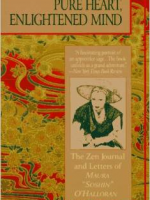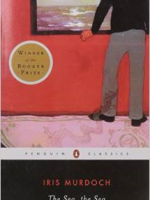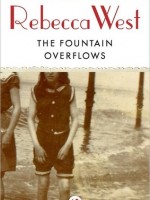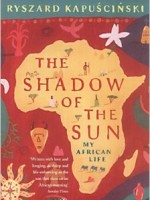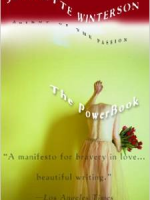(Published by Michael Joseph)
 |
Kathleen lives alone in a basement flat in London, a successful career woman on the verge of 50. Her promiscuity – she calls it ‘availability’ – results in occasional sexual relationships that are hollow, thankless and fruitless. She endures them, hoping each time to discover whatever it is that’s missing. Zipping all over the world for her job as a travel writer, she never spends too much time at home. But then, where is home? The young Kathleen dropped out of college in Dublin and ran away to London telling herself she had to escape her emotionally repressed family and her stifling Irish home life, but has she really been running away from herself all these years?
When the death of her best friend forces her to think again, Kathleen heads back to Ireland to begin another kind of journey. Fascinated by the idea of love during a time of horrific death and suffering, she plans to write a book based on a real-life story of passion between a landlord’s wife and a servant during the closing years of the Famine. Kathleen attempts to piece together what she sees as a tragic tale of true devotion in the face of adversity. But history is not always what it seems. As her tale of Famine passion takes an unexpected twist, she begins to allow herself to examine her own past. At the same time, her present becomes more complicated with the introduction of a man who might finally be the one she can really open up to.
O’Faolain has created an unlikely but compelling heroine in Kathleen. So much so that the reader is almost irritated by the first instalment of her historical fiction, wanting to skip forward to return to the character’s present day tribulations. Using Kathleen’s daydreams and thoughts to reveal events from her past, O’Faolain is a master of her chosen structure. She moves between three time frames, jumping from the present-day to Kathleen’s youth and right back into historical times.
Kathleen is clearly intended as a role model for women entering their 50s, but you don’t have to be on the verge of a mid-life crisis to identify with her. She has no confidence in her looks or abilities, yet other people’s comments and her career successes reveal her to be a good-looking and talented woman. She has repressed memories of a loveless childhood and has problems with showing her true emotions; sex has become meaningless. Barren both creatively and literally, she is desperately searching for a way to express and accept herself.
O’Faolain has written an important first novel with an underlying message: without acceptance of the past there can be no tolerable future. It’s a conviction that she applies both to Kathleen and to Ireland itself. ![]()
